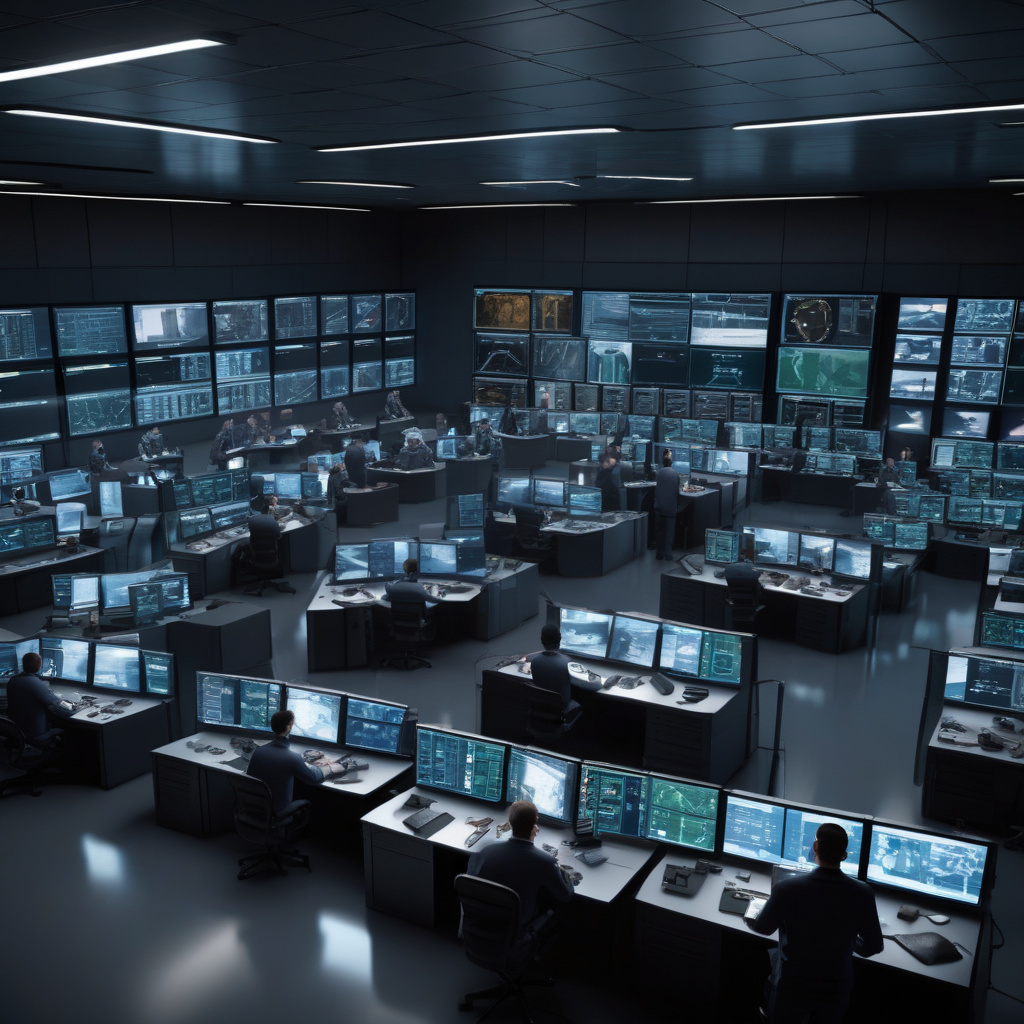In the ever-evolving landscape of cybersecurity, the role of AI is becoming increasingly prevalent. Cybereason’s co-founders have taken a bold step in this direction with their latest venture, leveraging autonomous AI agents to revolutionize security operations. This innovative platform aims to streamline processes by delegating mundane and time-consuming tasks to AI, allowing human analysts to focus on more strategic aspects of cybersecurity.
By harnessing the power of agentic AI, security teams can offload routine activities such as data collection, analysis, and threat detection to autonomous agents. This not only increases operational efficiency but also enables organizations to respond to threats in real-time, minimizing the impact of potential breaches. With AI handling repetitive tasks, security analysts can dedicate their expertise to higher-level decision-making and proactive threat hunting.
The deployment of autonomous AI agents in security operations signifies a paradigm shift in how organizations approach cybersecurity. Instead of being overwhelmed by the sheer volume of alerts and data, AI can quickly sift through information, identify patterns, and prioritize alerts based on their level of criticality. This proactive approach ensures that security teams are always one step ahead of potential threats, enhancing overall defense mechanisms.
Furthermore, the use of AI in security operations offers scalability and adaptability to changing threat landscapes. Autonomous agents can continuously learn and improve their capabilities over time, evolving alongside cyber threats. This adaptive nature allows organizations to stay resilient in the face of sophisticated attacks, as AI can quickly adjust its strategies and responses to mitigate risks effectively.
In practical terms, imagine a scenario where a security analyst receives an overwhelming number of alerts related to a potential breach. Instead of manually investigating each alert, the autonomous AI agents can triage the alerts based on predefined criteria, flagging only the most critical incidents for human intervention. This not only saves time but also ensures that security teams can focus their efforts where they are needed the most.
The use of autonomous AI agents in security operations is not meant to replace human analysts but to augment their capabilities. By automating repetitive tasks and augmenting decision-making processes, AI empowers security teams to work more efficiently and effectively. This collaborative approach leverages the strengths of both humans and AI, creating a powerful synergy that enhances overall cybersecurity posture.
In conclusion, Cybereason’s foray into autonomous AI agents for security operations heralds a new era of efficiency and effectiveness in cybersecurity. By leveraging agentic AI to offload repetitive tasks, organizations can enhance their threat detection and response capabilities, ultimately strengthening their defenses against evolving cyber threats. As AI continues to play a pivotal role in shaping the future of cybersecurity, embracing autonomous AI agents is not just a strategic advantage but a necessity in today’s digital landscape.

